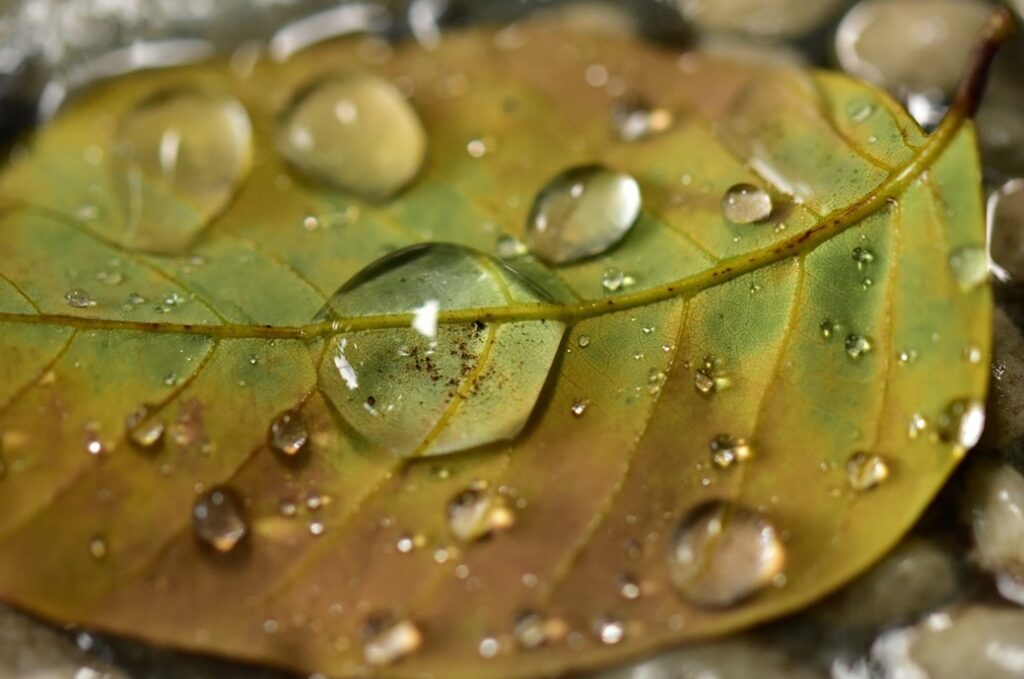“Seeing the elements”

In Theology of Creation in an Evolutionary World, Karl Schmitz-Moorman defines evolution as the mechanism through which God creates by uniting small parts into greater, more complex wholes. The new thing that arises from this unity both contains the old from which it came and is also something beyond the old.
Science can observe that water is made from two hydrogen atoms uniting with one oxygen atom but cannot find water looking at the elements individually. In other words, water is not clearly inevitable from hydrogen and oxygen, yet their union creates a new reality, an increasingly complex level of evolution.
Imagine looking at water and saying that it’s “not hydrogen enough” or “not oxygen enough” because you can’t perceive these elements when you see it.
It sounds silly, but this is an experience many Latines have. Black Latines hear that they are not Black enough or not Latine enough. Diaspora Latines who don’t speak Spanish hear that they don’t count because they don’t live in their ancestral homeland, and they don’t understand the language of those countries. White and white-passing Latines face the tempting ease of assimilation into a culture that wants to read them as white to the exclusion of anything else.
If evolution is achieved by unity, and is God’s creative process, then this erasure, whether it comes from ourselves or from others, is a denial of God’s creation. It’s presuming that because you can’t see someone’s Blackness or Latinidad in a way that you accept, they must not be made of those elements.
But you can’t see hydrogen and oxygen when you look at water, either.
Why, then, do we deny the elements that we are composed of? Why, by cultural gatekeeping, do we say that God cannot combine existing elements to create something new that is both fully of those old elements and something never seen before? By this refusal, we stubbornly insist that God is not creating, and who are we to say that the act of creation has stopped?
To deny the elements that form us is to deny the evolutionary process of unity through which God is still creating, still speaking in this world. We should repent of such arrogance so we might clearly see the full beauty God has imparted in the world, from the smallest particles to our boundary-pushing lived experiences.
God of continuous creation, help us to understand that you always bring new possibilities into being, even when we cannot see the old elements we know in the newness. Foster in us a humble spirit to remove the identity litmus tests for ourselves and others so we can behold the magnificence of your work. Amen.
Taylor Ramage is a professional writer/editor and an author with a YA fantasy short story coming up in the Latinx anthology Where Monsters Lurk and Magic Hides. She is the creator and host of the Encuentros Latinx Podcast.
Her poetry collections, Forgive Us Our Trespasses and Lest I Know Your Weakness are available on Amazon in ebook and paperback format. She currently serves on the Central Atlantic Conference Board of Directors and has been a delegate to association meetings, conference meetings, and General Synod. She brings years of experience developing and editing K-12 educational curricula in a myriad of subject areas. You can follow Taylor on Twitter @TaylorRamage or follow her blog www.taylorramage.wordpress.com.
Related News
Growing Weary
In December 1964 during a speech in Harlem, Fannie Lou Hamer declared: “And you can always...
Read MorePlanning for Earth Month: Resources for Congregations
April is Earth Month, and for congregations, it can be a great time to further discern how...
Read MoreBodily Autonomy Means Every-BODY
Advocacy and Action for Women's and Gender Justice Local events stir thoughts and...
Read More

